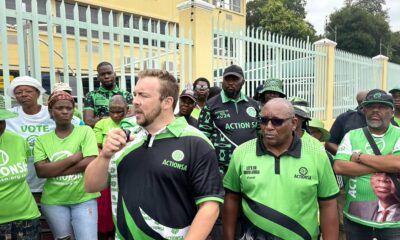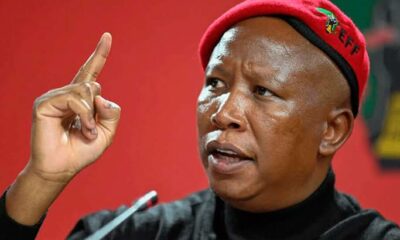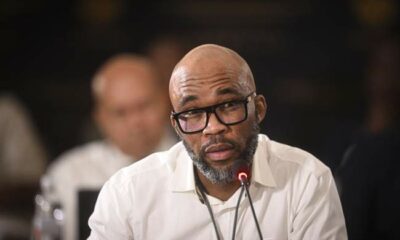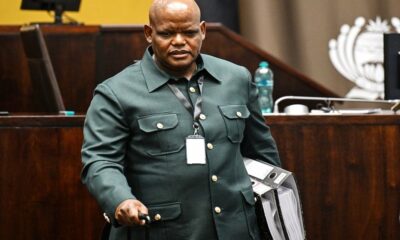Business
SABC’s Struggle: Governance Gaps and a Financial Crisis Looming Large
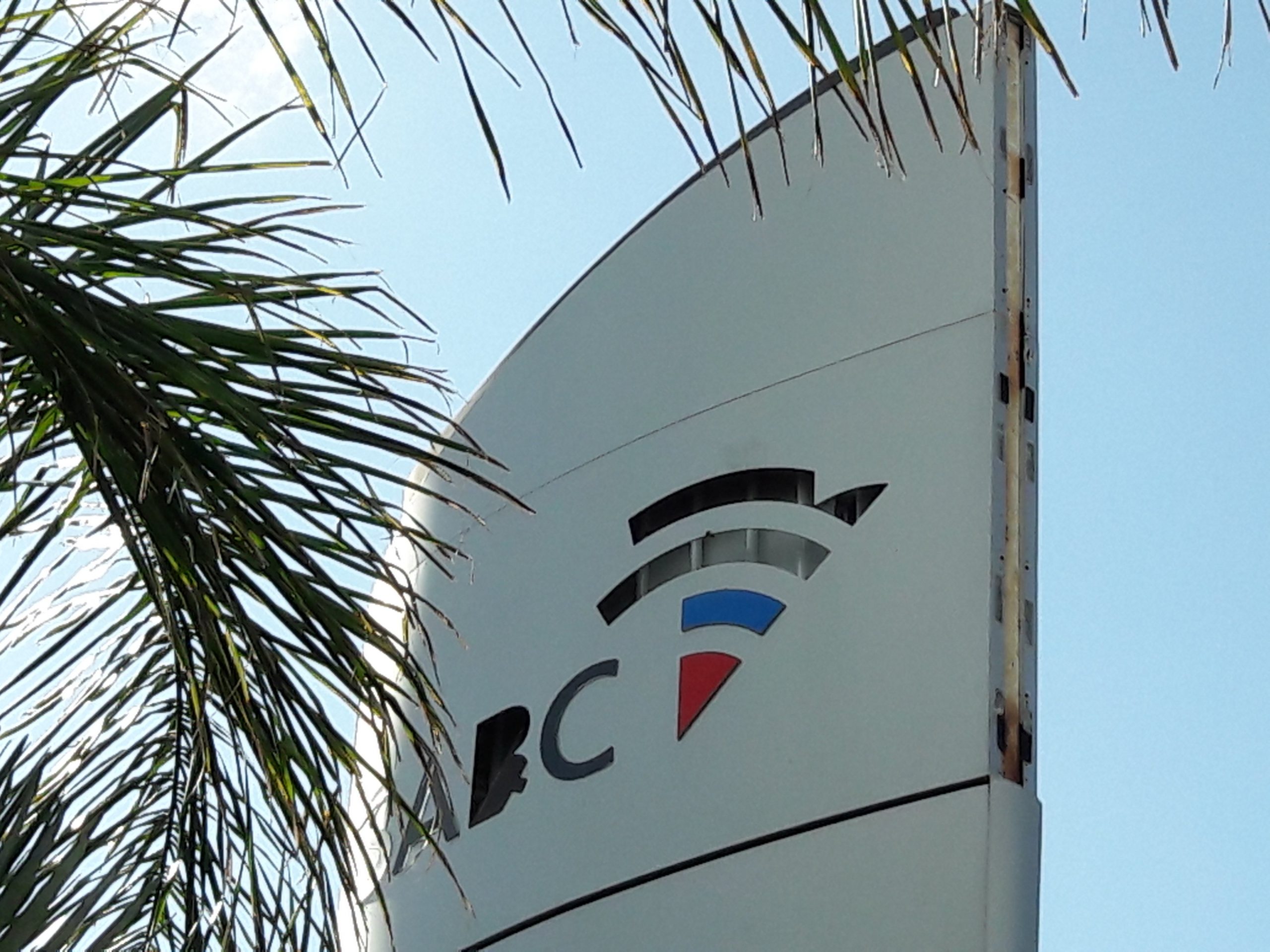
South Africa’s public broadcaster, the SABC, finds itself at a crossroads. Despite claims of progress and some signs of recovery, the corporation is battling deep-rooted governance problems, financial chaos, and a sharp decline in viewers. If urgent steps aren’t taken, the SABC could face a collapse that would affect millions of South Africans relying on it for news, education, and entertainment.
The Harsh Reality Behind the Headlines
At a recent Parliamentary hearing with the Standing Committee on Public Accounts (Scopa), SABC executives and the Department of Communications and Digital Technologies laid bare the broadcaster’s dire situation. Their funding model is “unsustainable,” they admitted, and the broadcaster’s very ability to carry out its public service role is at risk.
While Deputy Minister Mondli Gungubele applauded the SABC for moving from audit disclaimers to clean audit opinions, that small win didn’t silence tough questions from MPs. Lawmakers pushed hard on issues like unchecked financial mismanagement, unresolved corruption, and missed performance targets. Some accused the SABC of “lowering the bar” to hide its failures.
Financial Struggles That Just Won’t Quit
On paper, the SABC reported a dramatic drop in net losses—from R1.13 billion in 2022/23 down to R318 million in 2023/24. But the acting CFO, Tendai Matore, revealed that unaudited figures for 2024/25 show losses soaring back up to R700 million. It’s a massive red flag signaling possible insolvency ahead.
Despite a hefty R3.2 billion bailout in 2019 meant to steady the ship, executives confessed the money mostly covered debts and short-term fixes. “It wasn’t a recapitalisation,” said Group CEO Nomsa Chabeli. “We used it just to keep the lights on.”
The SABC’s irregular expenditure—an eye-watering R6.2 billion—along with R24.6 million in wasteful spending, largely from penalty fees on unpaid bills, continues to draw sharp criticism. One notorious case involves Mafoko Security, a company hired unlawfully despite not being the top-ranked bidder. The investigation is still ongoing, but accountability remains elusive.
Viewership Crisis: Losing Ground to Streaming Giants
The SABC’s TV audience numbers are slipping fast. None of its channels hit their primetime targets: SABC 1 reached 18.8% against a 22% goal; SABC 2 hit 4.1% instead of 6%; and SABC 3 only managed 1.5% of a 3% target.
Chabeli admitted streaming platforms like Netflix, YouTube, and TikTok are pulling viewers away. Although the SABC Plus streaming app recently hit a milestone of 1 million users, MPs questioned if it could survive without substantial investment in fresh content.
Staff Morale and Costly Old Benefits
While the broadcaster struggles financially, it still funds post-retirement medical aid for former employees—a benefit that officially ended in 2002 but remains active for surviving pensioners. EFF’s Vuyolwethu Mente-Nkuna questioned the logic of sustaining these costs while current staff endure a three-year salary freeze and stalled wage negotiations. Low morale and a brain drain threaten the SABC’s future even further.
Bureaucracy and Red Tape Holding Back Growth
One of the biggest hurdles the SABC faces is procurement rules. Chabeli described how the Public Finance Management Act restricts the broadcaster from quickly closing deals with content producers. For example, a major telenovela pitch requiring an open tender often loses out to competitors like MultiChoice and Netflix.
However, MPs warned against loosening these safeguards, emphasizing the need to avoid corruption risks through backroom deals.
What Lies Ahead? No Bailout in Sight
When pressed about further government funding, Deputy Minister Gungubele was clear: there will be no additional bailout beyond existing allocations. The government is instead betting on the SABC Amendment Bill, which aims to overhaul the failing TV licence system. But with only about 20% of South Africans paying TV licences, the broadcaster’s financial future looks fragile.
Chairperson Sakhumzi Zibi summed it up best: “The SABC is not just a business—it’s a public service. But if government funding doesn’t improve, we must either scale back the SABC’s mandate or watch it crumble.”
Time Is Running Out for the SABC
South Africa’s public broadcaster is navigating a perfect storm of governance issues, financial instability, and fierce competition from global streaming giants. Without bold action from both government and the SABC leadership, the broadcaster risks losing its place in the hearts and homes of South Africans.
What Can You Do?
Stay informed about the SABC’s challenges and support calls for transparent governance and proper funding for public broadcasting. The SABC is more than just a channel; it’s a vital part of our society that needs our attention and advocacy now more than ever.
If you value public broadcasting and want to see it thrive, raise your voice, engage with your representatives, and share this story. Together, we can help save the SABC for future generations.
{Source: IOL}
Follow Joburg ETC on Facebook, Twitter , TikTok and Instagram
For more News in Johannesburg, visit joburgetc.com





